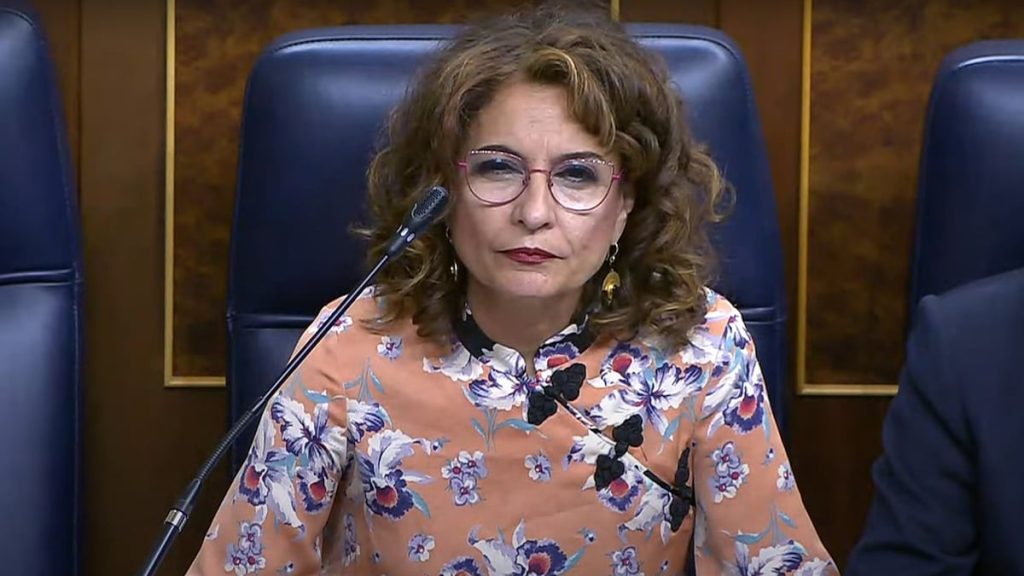During a session of the Control Session in Congress, Juan Bravo, the economic vice-secretary of the Popular Party, accused María Jesús Montero, the First Vice President and Minister of Finance, of being unlucky because corruption scandals arise in every government in which she participates. In response, Montero criticized Bravo for not addressing the “improper” expenses of Isabel Díaz Ayuso’s boyfriend. Bravo accused Montero of being involved in the scandals of the “rescue of the airlines” and the “purchase of masks,” questioning whether she was aware of these situations and calling for her resignation if she failed to act. Montero, in turn, responded with similar accusations against Bravo, mentioning his involvement in the ERE case and accusing him of advising against committing tax crimes.
The exchange of accusations continued with Bravo questioning Montero’s qualifications to hold her position, stating that she had a “degree in corruption scandals” and excelled in looking the other way. Montero countered by asking Bravo if he had paid €60 million in the ERE case when he was the finance minister and if he had advised Ayuso on tax violations. She urged Bravo to focus on his duties. The back-and-forth accusations highlighted the tense relationship between the two politicians as they sought to shift blame for corruption scandals. Both sides pointed fingers at each other, highlighting the toxic political atmosphere in Spain.
The session was marked by heated exchanges and personal attacks, with Bravo and Montero both accusing each other of being involved in corrupt practices. Montero emphasized the importance of accountability and fulfilling one’s duties, while Bravo questioned Montero’s integrity in handling government affairs. The accusations and counter-accusations exposed the deep-seated mistrust and animosity between political parties in Spain, reflecting the larger issue of corruption and lack of transparency in the country’s government institutions.
The accusations leveled by Bravo and Montero underscored the pervasive issue of corruption in Spanish politics, with both sides attempting to deflect blame and divert attention from their own alleged involvement. The intense exchange highlighted the need for greater accountability and transparency in government operations, as well as the importance of upholding ethical standards in public office. The subsequent media coverage of the session further emphasized the deep-seated divide between political parties and the challenges of addressing corruption in Spain’s political landscape. Ultimately, the accusations and counter-accusations serve as a reminder of the ongoing struggle to combat corruption and restore public trust in government institutions.


